What is WAEC?
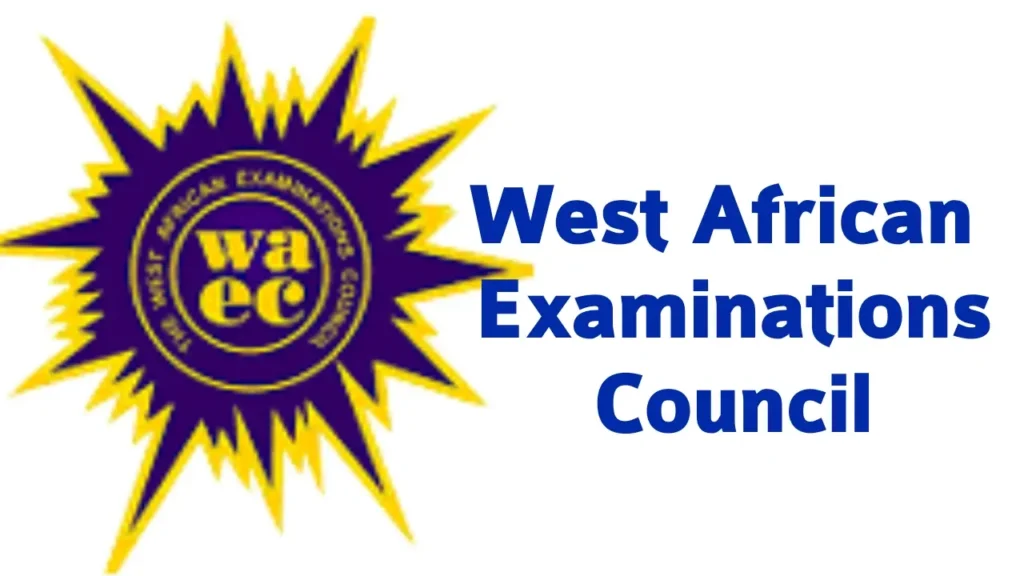
WAEC: Understanding the West African Examinations Council
The West African Examinations Council (WAEC) is a renowned examination body in West Africa, established in 1952. Its primary objective is to conduct examinations for secondary school students, providing a standardized assessment of their knowledge and skills. In this blog post, we’ll delve into the history, objectives, and functions of WAEC, shedding light on its significance in the region’s education system.
History of WAEC
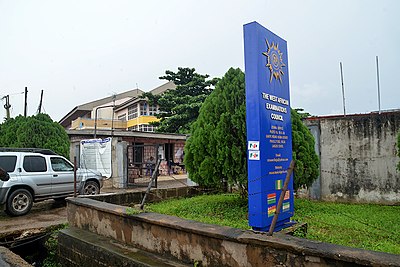
WAEC was founded in 1952 by the governments of Ghana, Nigeria, Sierra Leone, and the Gambia. The council’s inception aimed to harmonize the education systems of these countries, promoting academic excellence and regional cooperation. Over the years, WAEC has expanded to include five additional member countries: Liberia, Guinea, Sierra Leone, Cape Verde, and Guinea-Bissau.
Objectives of WAEC
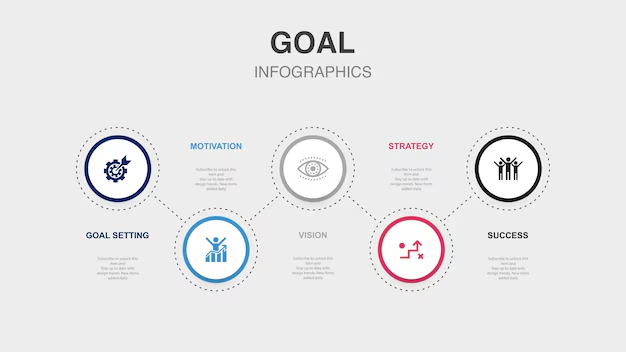
WAEC’s primary objectives are:
- To conduct examinations for secondary school students
- To provide a standardized assessment of students’ knowledge and skills
- To promote academic excellence and regional cooperation
- To facilitate the recognition of qualifications across member countries
Functions of WAEC
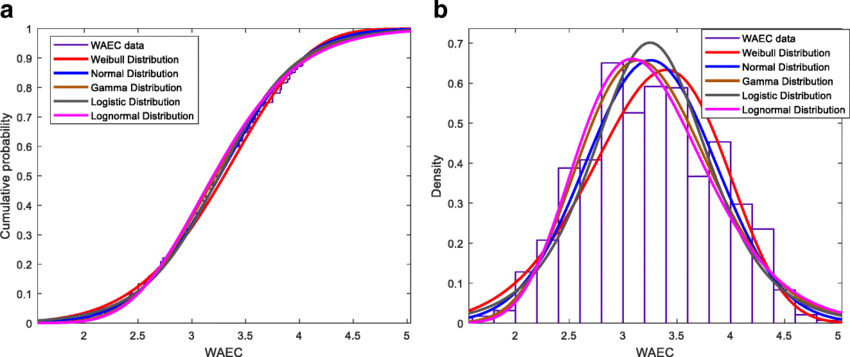
WAEC performs various functions, including:
- Conducting examinations in member countries
- Developing and reviewing examination syllabi
- Providing examination materials and resources
- Marking and grading examination scripts
- Awarding certificates and diplomas
- Facilitating the recognition of qualifications
WAEC Examinations
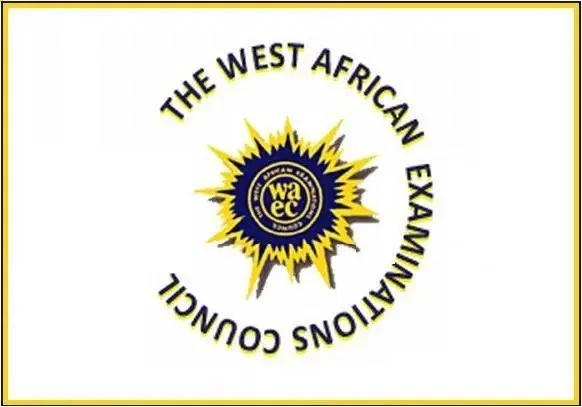
WAEC conducts various examinations, including:
- West African Senior School Certificate Examination (WASSCE)
- West African Senior School Certificate (WASSC)
- General Certificate Examination (GCE)
- National Examination Council (NECO)
Conclusion

In conclusion, WAEC plays a vital role in the education system of West Africa, promoting academic excellence and regional cooperation. By understanding the history, objectives, and functions of WAEC, we can appreciate the significance of this examination body in shaping the future of secondary school students in the region.